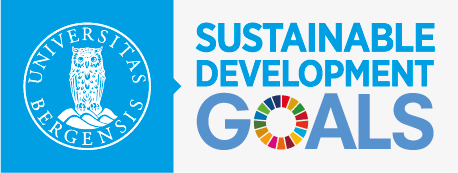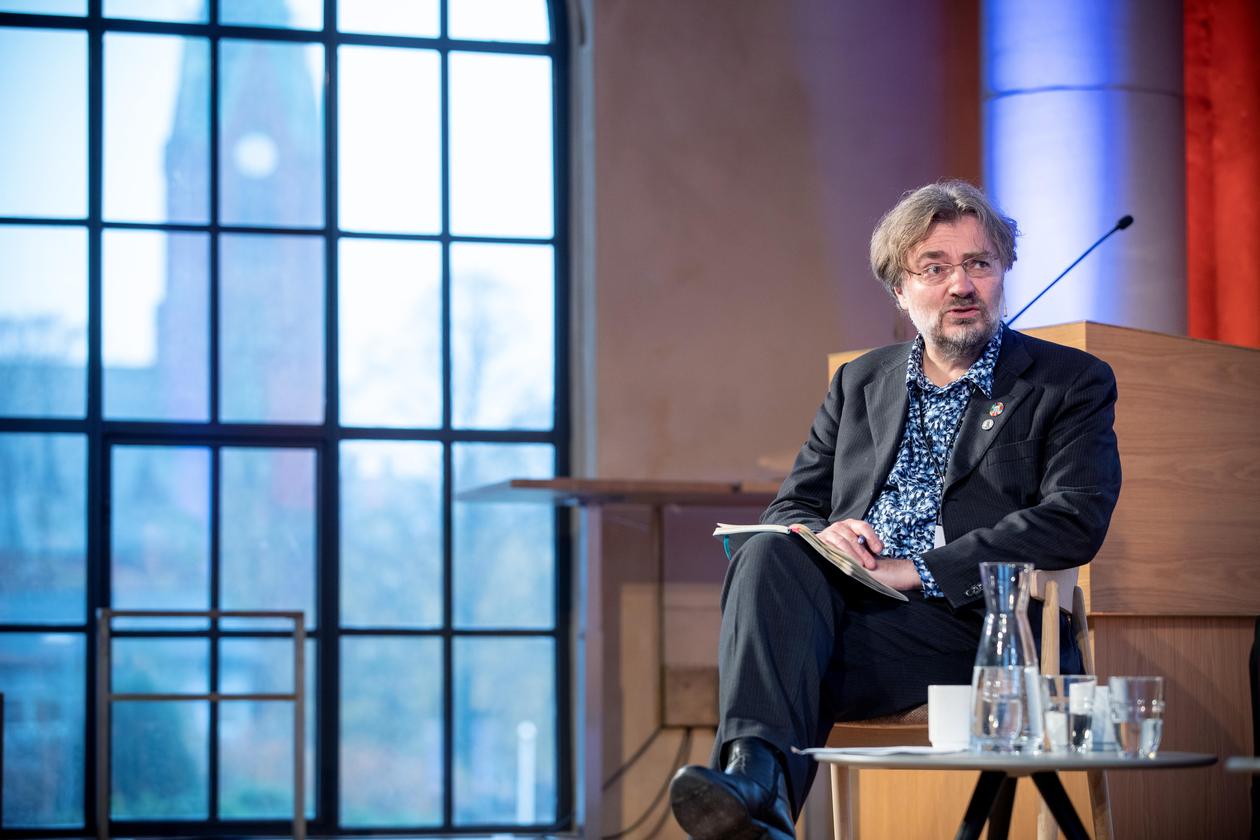Five recommendations to include science in 2030 Agenda
Every year, several countries present their Voluntary National Reviews (VNRs) to show their progress in implementation of the 2030 Agenda and the Sustainable Development Goals. But how can science play an integral part in these proceedings?
Universities, Voluntary National Reviews, and Scientific Knowledge
Main content
The United Nations Departement of Economic and Social Affairs (UN DESA) recently asked the University of Bergen's SDG Bergen Science Advice to submit proposals to the UN DESA Knowledge Exchange between countries that will be presenting their Voluntary National Reviews (VNRs) at the 2021 High-level Political Forum on Sustainable Development (HLPF) and the UN system, other international organizations and stakeholder partners.
SDG Bergen Science Advice (SDG BSA) discussed this with the University of Bergen leadership, and made a number of proposals for policy tools, methodologies and approaches to support the implementation of the 2030 Agenda through the VNR process at HLPF. In this video, SDG BSA's Scientific Director Edvard Hviding presents five key recommendations.
The presentation and debate between the countries presentering their VNRs in 2021 and a number of stakeholders took place virtually on Tuesday 10 November, where Professor Hviding represented the University of Bergen.
Professor Hviding expressed delight that the University of Bergen and the University of Bern in Switzerland had been chosen by UN DESA to present views and suggestions from the global university sector. In particular, he highlighted the importance of delegations to HLPF to include scientists, something which a few countries including Norway and Switzerland, have done at previous forums.
“The presentation of VNRs at HLPF are events for exchange and communication. When experienced scientists are members of delegations, they act as go-betweens between science and policy. Our five propositions are general, experience-based and hopefully adaptable for member states in the VNR process,” said Professor Hviding during the lively debate following the presentation, which also included a breakout session where the University of Bergen elaborated on its proposals.

